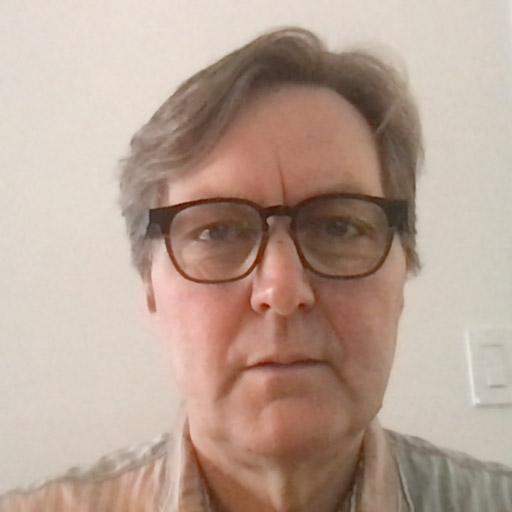
Dr. Peter Graham, School of Community & Public Affairs, Loyola College for Diversity and Sustainability
- À temps partiel, School of Community and Public Affairs
Are you the profile owner?
Sign in to editResearch areas: Sustainability, Social cognition, Material Engagement Theory, Sociocultural Analysis, Constitutive Value, Heterodox Economics
Contact information
Biography
I am an interdisciplinary social scientist with ongoing research on the challenge of societal transformation for sustainability. My work begins from an understanding of the negative consequences of the overly reductionist perspective typical of contemporary sustainability research. A systems perspective needs to incorporate a realistic understanding of human mind as mediated, as well as extended and distributed throughout environment. When we introduce a poorly theorized thing into the system, whether overly atomistic theoretical model or instrumentally materialized technology, we impoverish the entire system.
Research interests
Sustainable studies, education for sustainable development, relational ontology, social cognition, material engagement theory, environmental philosophy.
Teaching activities
Teaching experience
Publications
Graham, Peter. (2022). Wickedness Deciphered: Mediated Action and the Democratization of Agency. The International Journal of Sustainability Policy and Practice 18 (2): 1-12. doi:10.18848/2325-1166/CGP/v18i02/ 1-12.
Graham, P., Brown, S., Goebel, A., Hovorka, A., Khan, C., Kuyvenhoven, C., Scheinman, E., Arshad-Ayaz, A., & Upitis, R. (2021). The emotional experience of sustainability courses: Learned eco-anxiety, potential ontological adjustment. Journal of Education for Sustainable Development 15(1), 1-15.
Graham, P. (2020). Traces of (Un-) Sustainability: Towards a Materially Engaged Ecology of Mind. New York: Peter Lang.
Graham, P.; Carter, M.; Upitis, R. & Currie-Williams, K. (2020). Beyond Ontological Autonomy: Finding One’s Self in Relations. Identity Landscapes: Contemplating Place and the Construction of Self. Brill/Sense.
Smith, M.; Speiran, S. & Graham, P. (2020) Megaliths, Material Engagement, and the Atmospherics of Neolithic Ethics: Pre-sage for the End(s) of Tourism. Journal of Sustainable Tourism. 29, (2–3).
Graham, P. (2019). Material Engagement Theory and Sustainability: The materiality of social change. The Journal of Strategic Innovation and Sustainability (JSIS) 14(2), https://doi.org/10.33423/jsis.v14i3.2107.
Graham, P., & Arshad-Ayaz. (2016). Learned Unsustainability: Bandura’s Bobo Doll Revisited. Journal of Education for Sustainable Development, 10(2), 1–12.
Graham, P. (2011). On the illusory nature of sustainable development: A case study of a Montreal suburb. Saarbrücken, Germany: VDM Verlag Dr. Müller.


